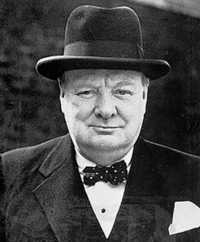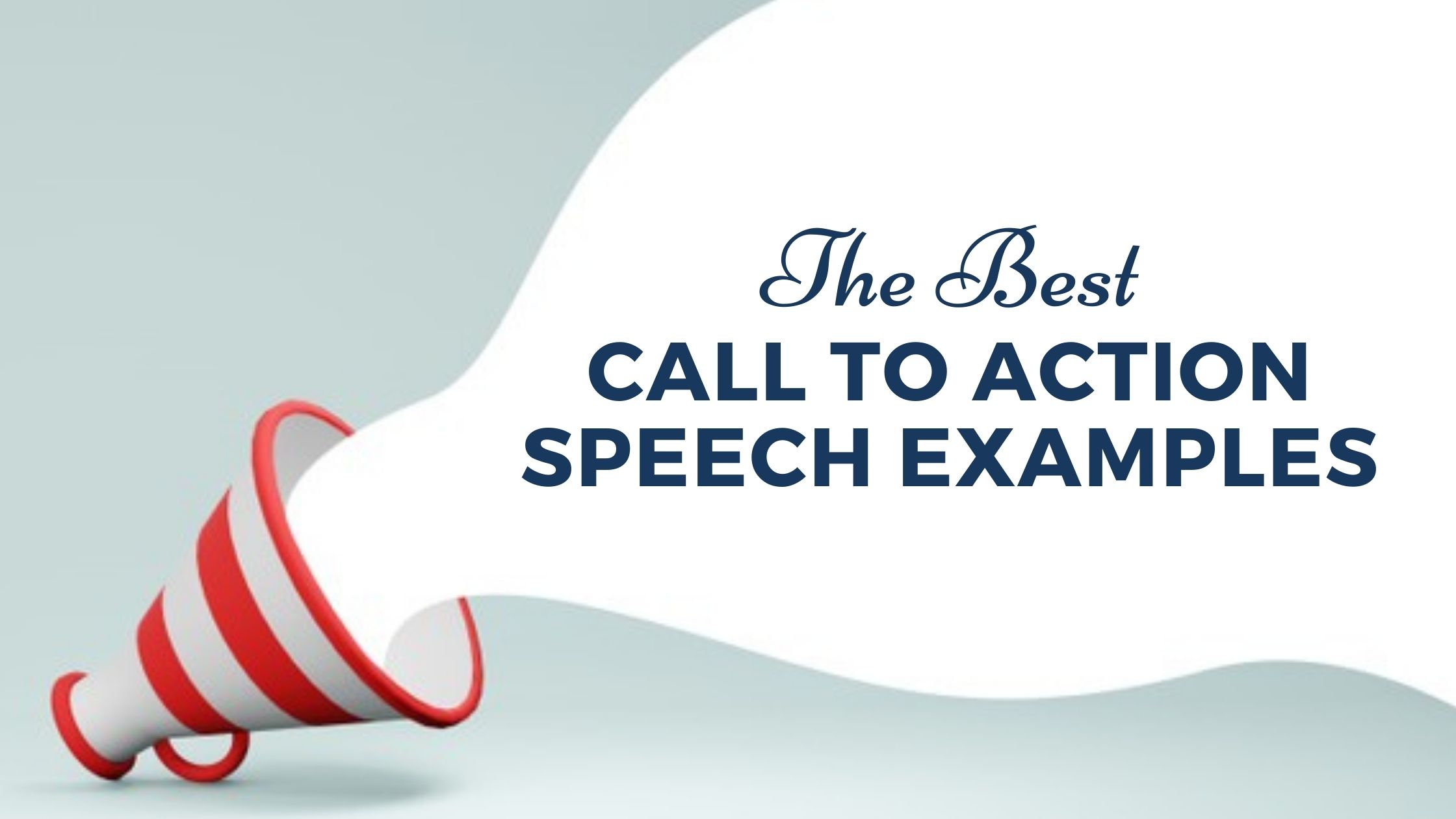
Why Do Public Speakers Make More Money Than You?
Jul 19, 2021 | Public Speaking
This is a question that I get asked a lot: “Why do speakers earn so much more money than you?” It is a fair question and it deserves a reasonable answer.
First, let’s look at why earning money has ever been important to humans. In all the cultures of the world, people have always been trying to improve the state of their lives by earning money or augmenting their income.

We hear stories about people who live in extreme poverty who still managed to send their children to school.
Now, let’s say you are in a similar situation to the poor people of the world. You have goals you’d like to achieve. Wouldn’t it be nice to know that if you worked hard enough, you would eventually get there? That someday you might be able to buy your own home and have your own car?

Well, if you’re like most people in the world, this is pretty much impossible. You might earn a little bit of money here and there, but compared to what you’d have to give up, giving up is a much better choice.
This is where the importance of income comes into play for public speakers. These speakers can actually command huge incomes simply by giving a speech.

In fact, some of the most famous stars in the world earn their entire living from speaking, traveling, or creating a company from their speeches. The same is true for authors, athletes, doctors, lawyers, etc.
Action Item
In order to become a speaker, you first need to learn how to speak. You need to practice your craft and polish your skills until you’re perfect.
After that, you need to build your portfolio, or your portfolio consists of all the speeches and workshops you’ve ever given. You can also sell your speeches and writings online, and network with other speakers and experts.
This way, when you give a speech at an event, no one will know who you are or how much you’ve made through your previous speeches and writings.
Pro Tip
Once you have built up your portfolio and your business, you can then use the hard-earned money to give speeches and presentations.
Most speakers make between six and eight thousand dollars per hour, so don’t let this number mislead you. This is simply the tip of the iceberg.
The best public speakers in the world make well over a hundred thousand dollars per hour, which means if you were to ever do an interview on an evening news show, and you were to compare the amount of money these speakers make to the salary of an average college student, you’d find that these speakers would have made much more.
If you want to get paid for giving a speech, you can certainly do it.





























Recent Comments